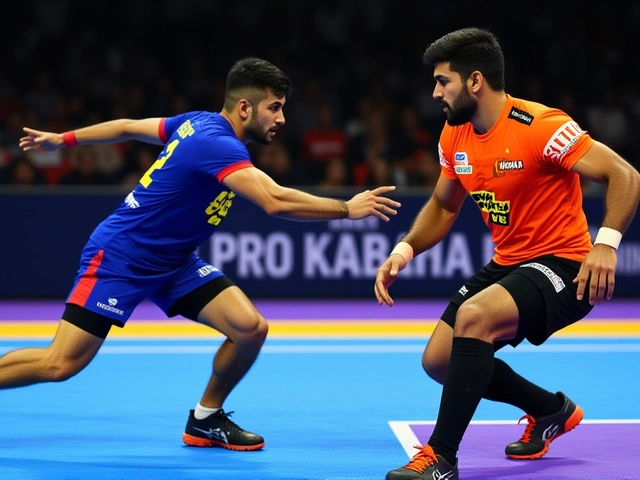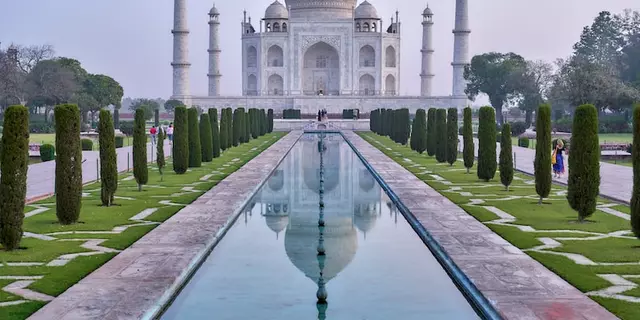Amit Shah — who he is and why he matters
Amit Shah is one of the most visible faces of the Bharatiya Janata Party (BJP). He’s a political organiser, strategist, and currently serves as India’s Home Minister. Whether you agree with him or not, his decisions shape national policy and public debate. This page collects clear, useful info about his background, major actions, and why people pay attention.
Quick snapshot
Shah started his political work in Gujarat and rose through party ranks to become BJP president before taking the Home Ministry. He’s known for strong election management, tight organisational control, and a focus on internal security. Supporters praise his efficiency and results; critics point to controversies and concerns about civil liberties. Both views matter when you want a full picture.
What he’s done as a leader
As a party strategist, Shah helped build BJP’s ground game — booth-level planning, candidate selection, and coordinated campaigns. As Home Minister, he’s been linked with big national moves, including a stronger focus on security and some major policy decisions that had wide impact. Those moves often provoke intense public debate and legal scrutiny. If you follow Indian politics, Shah’s actions are frequently the centre of headlines because they change how the government acts at both state and national levels.
People often ask: how does his style affect everyday life? When the government pushes security or administrative changes, the impact shows up in policing, lawmaking, and how states coordinate with the centre. That can mean faster law-and-order responses or tighter central control over some policies. For some citizens that brings stability; for others it raises questions about local autonomy and individual rights.
Controversies follow public figures, and Shah is no exception. He’s faced legal challenges and sharp criticism from political opponents and civil rights groups. Supporters tend to call these challenges politically motivated, while opponents treat them as serious concerns. Either way, they shape public debate and court decisions that affect governance.
So how should you read news about him? Look for facts: official statements, court rulings, and clear policy texts. Opinions will be loud and emotional; the practical effects show up in government notifications, laws, and how administration works on the ground.
Want a quick tip: when a major announcement involves the Home Ministry, expect changes in security rules, citizenship matters, or how states and the centre work together. Those topics are where Shah’s influence is most visible.
This tag page gathers articles, explainers, and opinion pieces about Amit Shah — his background, policy moves, and public role. Scroll the posts tagged here to read short, practical takes on specific events or decisions connected to him.

Stay off social media: Amit Shah to IPS probationers?
In a recent address to IPS probationers, India's Home Minister, Amit Shah, urged them to avoid spending excessive time on social media. He explained that while it can be a valuable tool, it can also be a source of unnecessary distraction that detracts from their primary responsibilities. Shah emphasized that as future law enforcement leaders, they should focus more on ground realities rather than virtual perceptions. This stance reflects an awareness of the potential pitfalls of social media, though it may spark debates over its role in contemporary policing. His comments underscore a broader conversation about the impact of digital platforms on our professional lives.
CONTINUE READING



